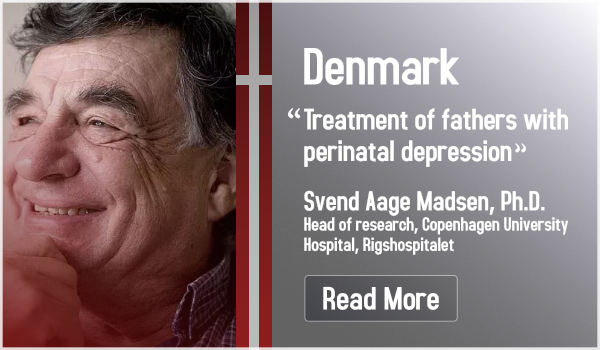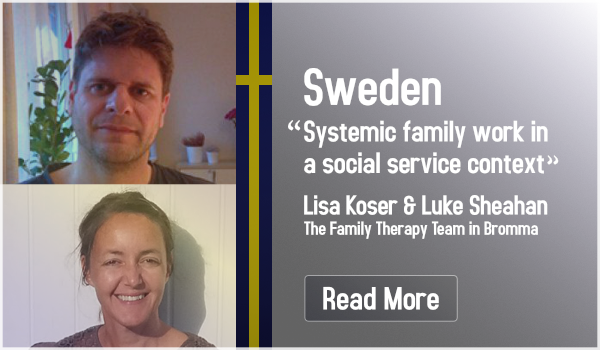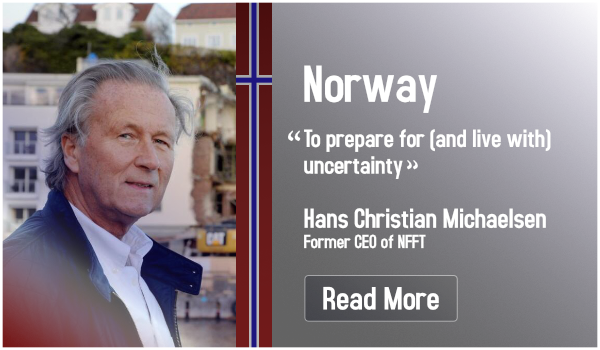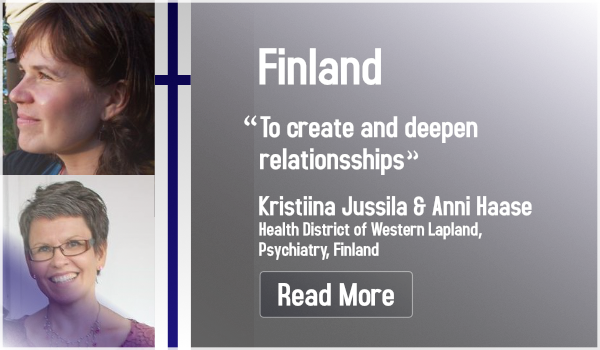
My keynote presentation will focus on my work with families of transgender children and young trans people in Iceland. I will talk about gender affirmative health care and what it means and why it is important to detect signs of dysphoria in our practice.
In recent years the number of children coming out as transgender, gender nonbinary or gender diverse has increased considerably. The younger generation has a different way of looking at and experiencing sexuality, gender identity and gender expression. The viewing of gender identity as fluid and occurring along a spectrum is now generally accepted and the terminology and language has evolved and changed significantly with time, and it can be hard to follow. I will explain the key concepts and terms and introduce you to them through the stories of some of my clients.
Gender dysphoria can be hard to detect and very often my clients have been diagnosed with anxiety or depression before they are able to put words to their gender dysphoria. It is widely common to have been in therapy for longer periods without their gender dysphoria being addressed or they have been working with a health professional that has been welcoming but non affirming, which can easily lead to greater anxiety or depression and/or self-harm. I will reflect on both the hidden and visible effect of body and social dysphoria and how I address it with my younger clients.
Research shows that when transgender youth are loved and supported by their families, they are able to thrive. But when parents reject a transgender child or try to force them to reject the gender their child knows themselves to be, it can contribute to depression, suicidal behaviour and other negative health outcomes. With this in mind it is important that caregivers in the child’s environment get the right information and support since many don’t understand what it means to be trans and how they can help and support their family member. Seeing a non-affirming therapist in this situation can be detrimental for the wellbeing of the transgender child therefore the importance of knowledge and understanding is crucial.
Sigga Birna Valsdóttir, Drama and Family Therapist, has practiced drama and family therapy in Iceland since 2002. She received MA degree in drama therapy from New York University in 2002 and a degree in family therapy from the University of Iceland in 2011. She also has a B.Ed degree in teaching from Iceland University of Education.
For over 20 years Sigga has worked with teenagers with social and emotional problems and their families in different settings, both individually, and in groups and family sessions. She has also taught classes at the Iceland Academy of the Arts, including introduction to Drama Therapy. For 18 years she has been working part time at Hagaskóli, a Reykjavik high school, where she teaches drama, directs musicals with over 100 teenagers and is a part of the student counselling services, where she offers individual counselling and family therapy. For 13 years she has been a counsellor/therapist at Samtökin ́78 the National Queer Organization in Iceland where she has specialized in working with young trans people and their families. For years she has been running support groups for young trans people and for their families. She has also consulted hundreds of people in educational-, social-and health settings on gender identity, gender diversity in children and adolescents, sexual orientation and how to create a gender-inclusive environment and how to support and work with gender nonconforming and trans kids and teenagers and their families in general.




